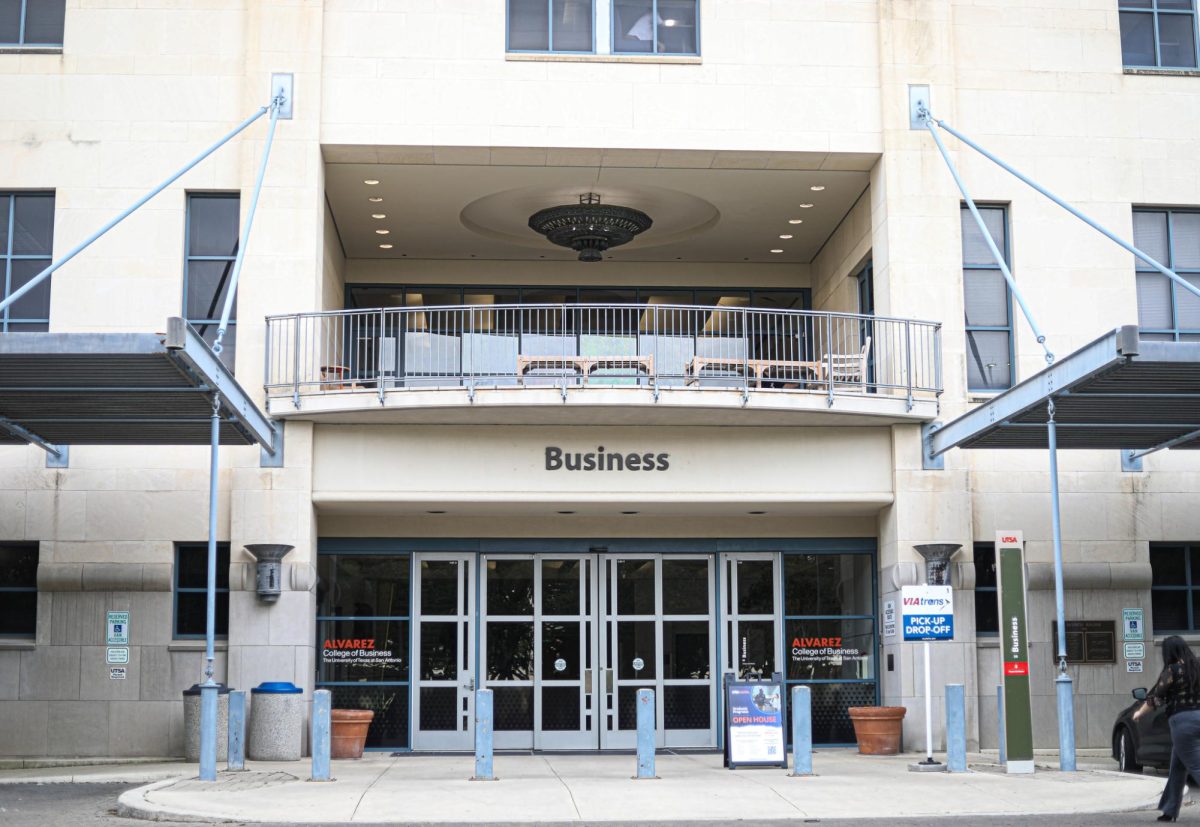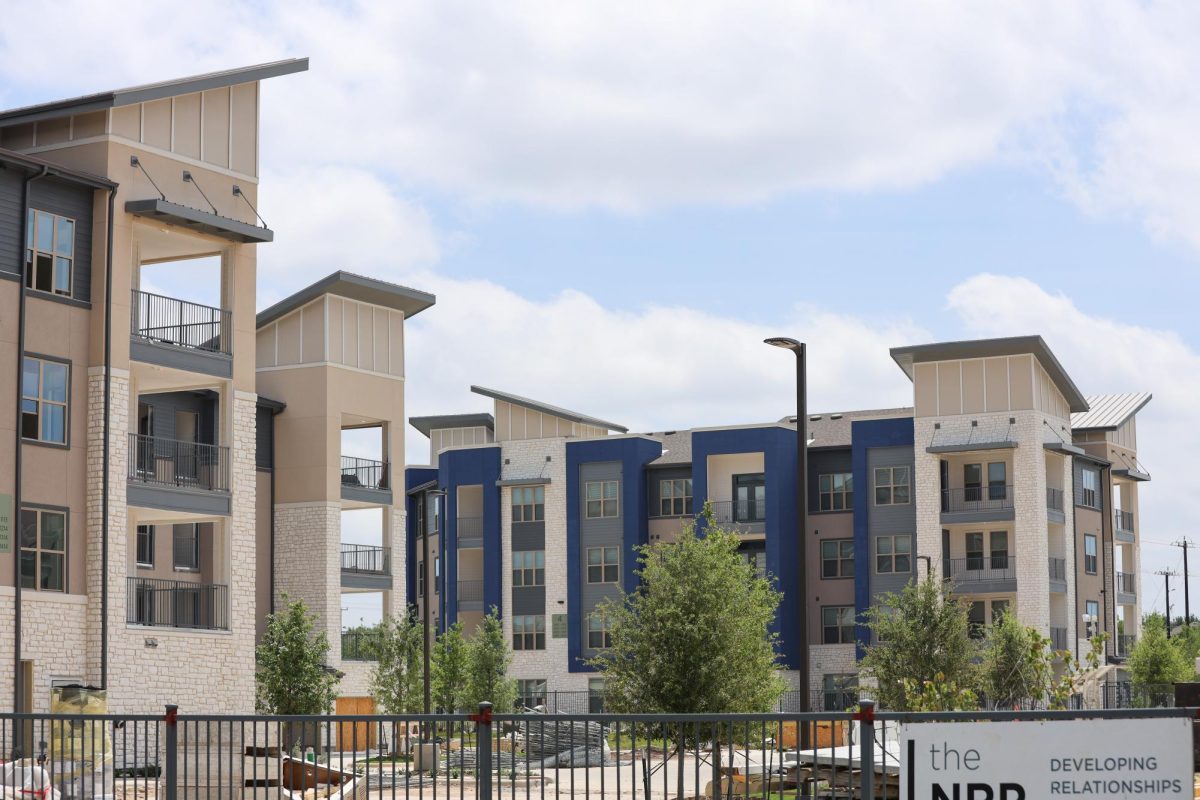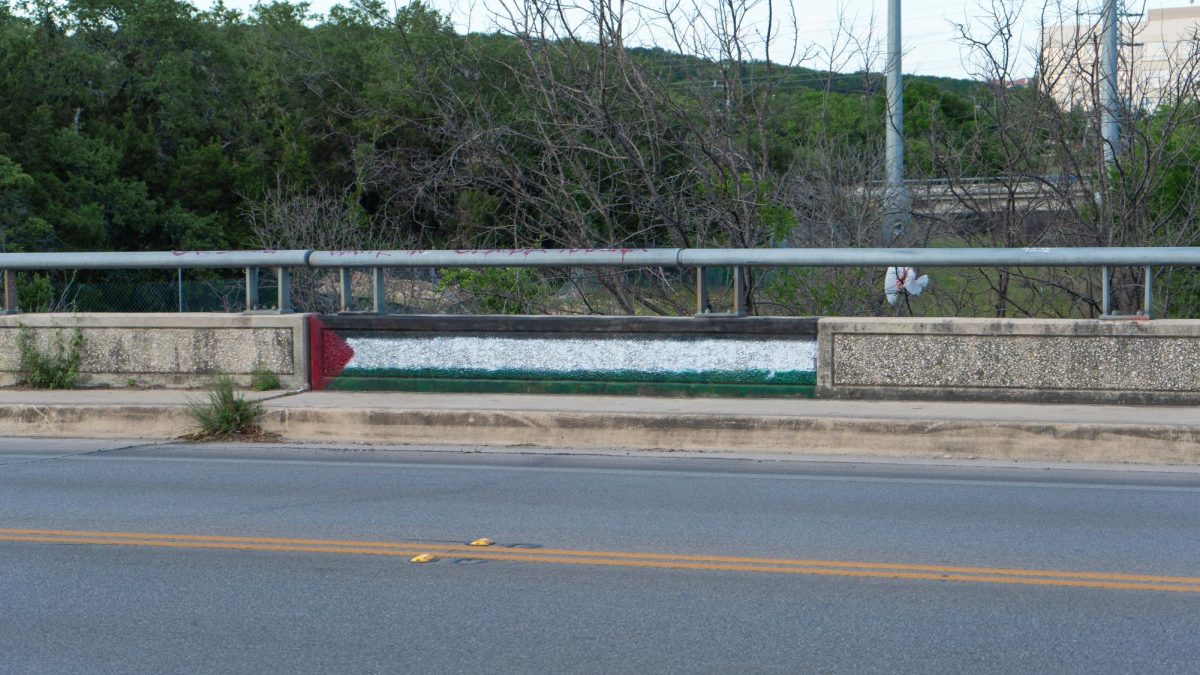On Sept. 11, the eleventh anniversary of the 2001 terrorist attacks, protesters surrounded the United States embassy in Cairo, the Swiss embassy that handles the American affairs in Tehran, as well as the American consulate in Benghazi, Libya, the latter of which turned violent, leading to a firefight that left four Americans dead, including the ambassador to Libya, Christopher Stephens.
Protests erupted in front of American diplomatic missions in Cairo, Tehran, Benghazi, Tripoli, Sana’a and half a dozen other cities after an amateur video depicting the Prophet Mohammed as a pedophile, clown, and murderer was uploaded to YouTube and dubbed into Arabic. The video that triggered the attacks became viral after the Arabic speaking network Al Nas, transmitted the video.
According to CNN, federal officials now believe that a man named Nakoula Basseley Nakoula was behind the financing and production of the video, which may have been made to incite tensions with fundamentalist Muslim factions, although the true backers and motives behind the film remain unknown.
In response to this, protestors scaled the perimeter embassy in Egypt, tearing down the American flag and replacing it with the Salafist flag that proclaims, “there is no God but Allah and Mohammed is his messenger,” but resulting in little violence.
At the U.S. consulate office in Libya, American officials believe that anti-government militants used peaceful protests as a cover to stage a four-hour attack on the compound. British think tank Quillam, which has close ties to Libya, told CNN that the attacks “came to avenge the death of Abu Yaya al-Libi, al Qaeda’s second in command killed a few months ago,” and that it was “the work of roughly 20 militants, prepared for a military assault,” and not the work of people protesting the film. According to the BBC, Abu Yaya al-Libi was considered to be the operational chief of Al Qaeda after Osama bin Laden’s death, and was killed in an American drone strike in the Pakistan in June.
Exact details surrounding the deaths of the four Americans are still unknown, though their identities have been revealed. Among them was the ambassador to Libya, Christopher Stevens, computer specialist Sean Smith, as well as security officers Glen Doherty and Tyrone Woods.
Stevens, a fluent speaker of Arabic and career diplomat, arrived in Libya last year to help the Libyan rebels organize the revolution that took down Muammar Gaddafi, the anti-Western dictator of Libya since 1969 and self-proclaimed “King of Kings.” “It’s especially tragic that Chris Stevens died in Benghazi because it is a city that he helped to save,” President Barack Obama said from the White House Rose Garden on Wednesday, referring to the NATO air campaign that stopped a pro-Gaddafi military advance towards Benghazi last March and eventually helped topple the regime. “With characteristic skill, courage and resolve he built partnerships with Libyan revolutionaries and helped them as they planned to build a new Libya.”
As a result of the attack in Benghazi, the United States Marine Corps deployed a Fleet Antiterrorism Security Team to help secure the consulate and protect American installation in the country. The U.S. Navy also deployed two warships, the guided-missile destroyers Laboon and McFaul, as well as surveillance drones, to ensure the protection of American personnel as well as to assist the Libyan government in strikes against militants.
Dr. Mansour El Khikia, University of Texas at San Antonio Department Chair of Political Science and Geography, is an expert on international relations and comparative politics in the Middle East, and as a native Libyan was able to express the feelings many had because of this incident. “I was very sad, I was angry, I was disappointed. We all experience these sentiments, but to experience them all at once is not nice…. It gave me a shock, I didn’t know if I was hearing right.”
Due to Western aid, Libya has been working toward becoming a safer democratic nation, but fundamentalist Islamic extremists who do not want to see Libya prosper at the hands of secular progressives pose a threat to this progress. “What we saw yesterday was a result of the success, not of the failure. These groups do not want to see the country succeed along these lines; they constantly have to torpedo success one way or another,” remarked Dr. El Khikia.
Concerning the Libyan government’s response to militants, Dr. El Khikia remarked, “the will to fight them has not been here with this government because of the fear of appearing to be anti-Islamist. It is not a matter of being anti-Islamist; it is a matter of justice. Islam is very clear about this, an eye for an eye, a tooth for a tooth.” In the time since the attack, the Libyan government has made arrests of suspected militants, and the Prime Minister has expressed condolences and solidarity with the United States, calling the attacks a “cowardly, criminal act.”
“I am very, very sorry… and most Libyans are sorry,” adds Dr. El Khikia. In the time since the attack, crowds of Libyans have gathered holding signs of support and sorrow in apology to the American people.
Dr. El Khikia will be working on the committee that will write the new Libyan constitution. “I think [what goes on in Libya] is a blueprint for what goes on in other countries in the region,” he said, expressing the view that this attack was carried out by a very small group of people, and that these acts should not tarnish Libya or of the Libyan people.







